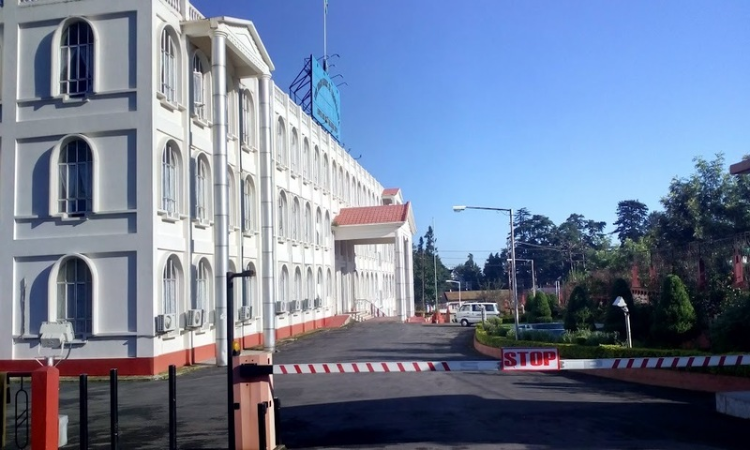The Meghalaya High Court has recently clarified that Section 23 of the POCSO Act applies not only to publishers and owners of media outlets but also to reporters or contributors of news.Justice B. Bhattacharjee emphasised that the intention of the legislature behind the enactment of this provision is that the identity of a child should not be disclosed directly or indirectly. "Section 23 of...

